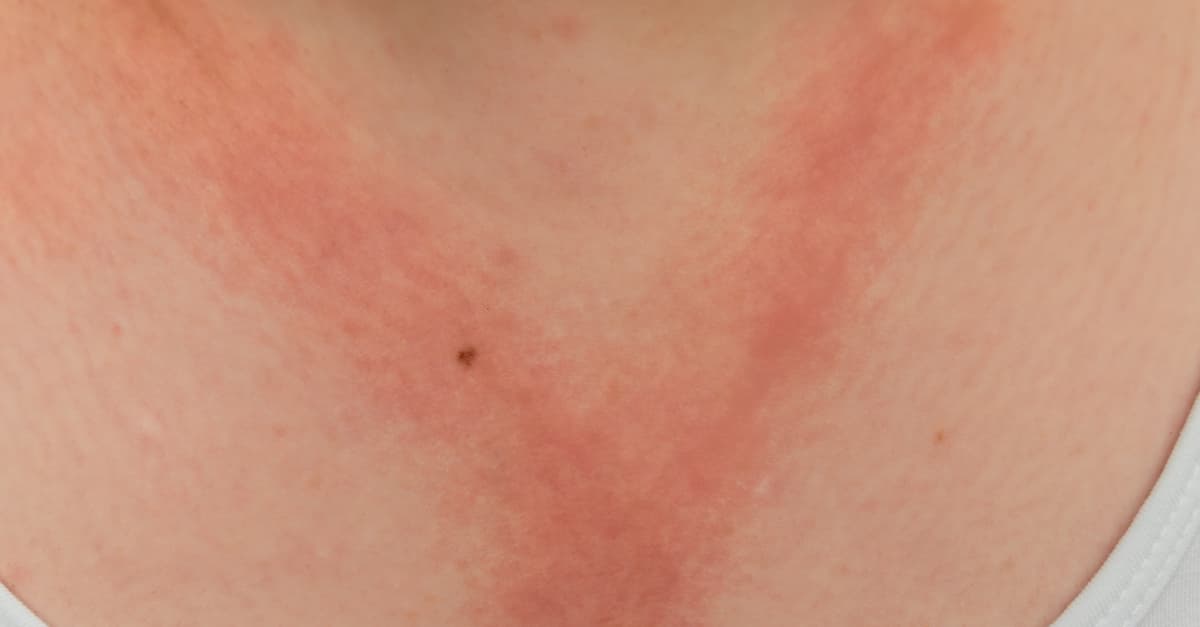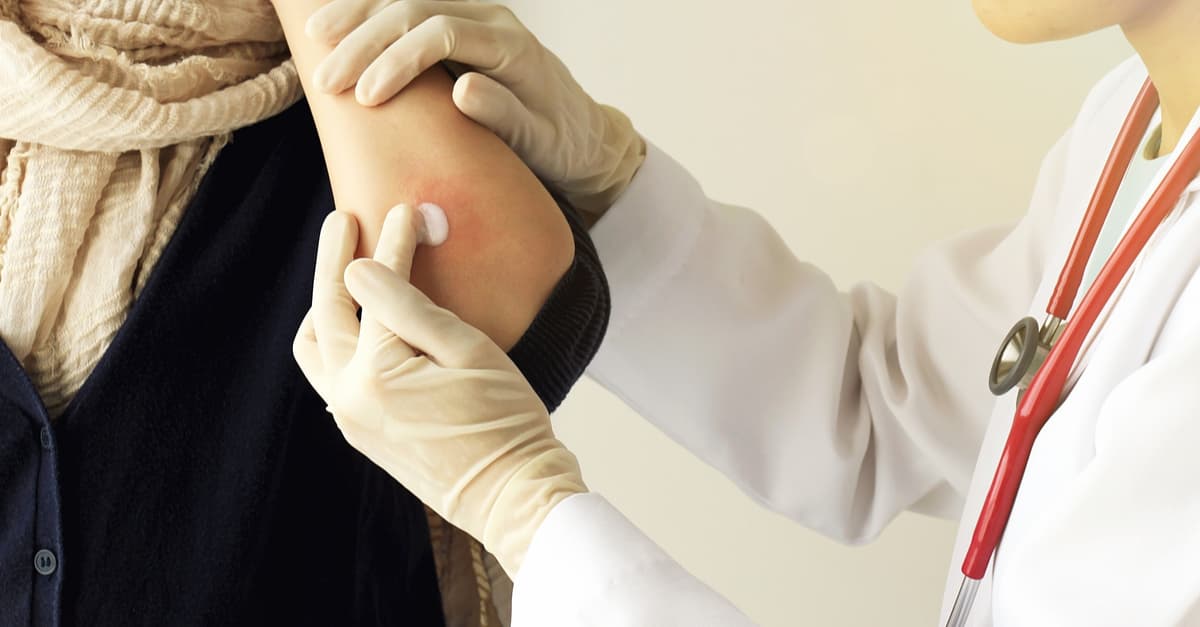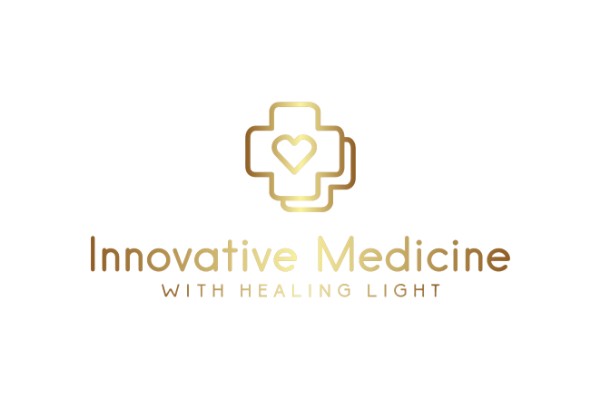The word eczema is used for a group of dermatological conditions characterized by inflammatory lesions, dryness, redness, intense itching, rash, scabs, and pimples on the skin. Eight types of eczema can be classified, and that we will see later. Although these dermatological disorders have been studied, the exact cause of why they occur is not yet known. It is known that genetics may be involved, but in many cases, environmental factors such as sun, humidity, pollution, allergies, among other things, also influence. You can get eczema at any age, and it can appear anywhere on the body.
Eight Types of Eczema

Eczema can be classified into different types depending on where it is found, its morphology, and the possible cause:
- Allergic contact eczema: It originates from an allergic reaction to some product in contact with the skin. It can be caused by various substances found in perfumes, cosmetics, or cleaning products that can cause injuries even after years of use.
- Discoid eczema: has a microbial cause and is characterized by round or oval spots on the arms and legs.
- Atopic eczema: It is the most common and is characterized by inflammation, redness, dryness, and scaly lesions accompanied by intense itching that inevitably causes the person to scratch, even causing injuries.
- Herpetic eczema: caused by the herpes simplex virus type 1 or 2.
- Dyshidrotic eczema: It appears mainly on the palms of the hands, especially on the sides of fingers and the soles of feet, and is characterized by small blisters filled with clear fluid that sometimes itch and cause wounds.
- Irritant contact eczema: it is an inflammatory reaction produced by the repeated contact of aggressive substances that irritate the skin, such as cleaning products (solvents, detergents).
- Varicose eczema: occurs in people with circulation problems, either due to increased pressure in the veins of the legs or due to pathologies such as deep vein thrombosis.
- Seborrheic eczema: it is common in babies (cradle cap and diaper area) but also in adults. It is characterized by scaly and reddened lesions, mainly on the face (eyebrows and nasolabial folds) and on the scalp. It can also affect areas of the back, armpits, and groin.
Diagnosis and Treatment

The dermatologist can diagnose the types of eczema with a simple visual examination of the lesions. If the diagnosis is not clear, a skin biopsy can be done to rule out other diseases. In the case of allergic contact eczema, it would be necessary to do specific tests to determine the allergen responsible for the lesions.
Treatments to relieve and control eczema can be both topical and oral, depending on the type and its severity. Some of the most common treatments are:
- Antifungals (in cases of seborrheic eczema in cream or gel).
- Antihistamines.
- Drugs for topical and oral use to relieve itching.
- Antimicrobials.
- Corticosteroid creams or ointments (topical use).
- Oral steroids.
Systemic treatment is recommended for severe cases and for those who have not responded favorably to another type of treatment. Also, in some cases, phototherapy is often helpful. Some types of eczema have a good prognosis and usually resolve completely after treatment, while in other cases, only substantial improvement is achieved. However, there are serious cases that tend to become chronic and cause outbreaks, especially eczema of genetic origins, such as atopic and seborrheic.
Prevention and Tips to Avoid

To prevent breakouts, it is recommended to avoid excessive hygiene and the use of products that are too aggressive for the skin. We must maintain constant hydration of the dermis. If we know for sure which product causes eczema, avoid coming into contact with it or at least protect ourselves adequately to prevent injury.
Maybe these tips can help with the issue; however, you should visit your doctor to follow the correct treatment.
- In some cases, mainly in contact eczema located on the hands, it can be very useful to use cotton-coated gloves inside to avoid irritation with external substances and that produced by the contact of the plastic of the gloves.
- Avoid strong soaps and those that contain perfumes.
- After hygiene, the skin should be dried without rubbing excessively so as not to increase irritation.
- In the case of recurrent, persistent, or extensive eczema, it is recommended that you go to a dermatology specialist to make a correct treatment and diagnosis of the lesions.
- In the case of patients with allergic eczema, they should avoid the allergen in question as much as possible (although this can sometimes be complicated).
- Avoid clothing made with synthetic and wool-based fabrics, as they can increase itching and redness of the skin. It is preferable to use linen or cotton.
- Avoid irritating agents. In general, water is one of the leading causes of irritation, especially in those areas with very hard water. Thus, it is recommended to avoid excessive hygiene, taking short showers with warm water.
- Use moisturizers frequently, preferably without perfumes.
Bottom Line
Eczema is dermatological lesions that cause inflammation, itching, irritation, dryness, among other symptoms. There are different types; however, the exact reason for their presence is not yet known, although it is believed that genetics has something to do with it. If you think you are suffering from an injury like this, do not self-medicate and go to the doctor to determine a correct treatment, and you can recover without any problem. Take care of your health and that of your family.

